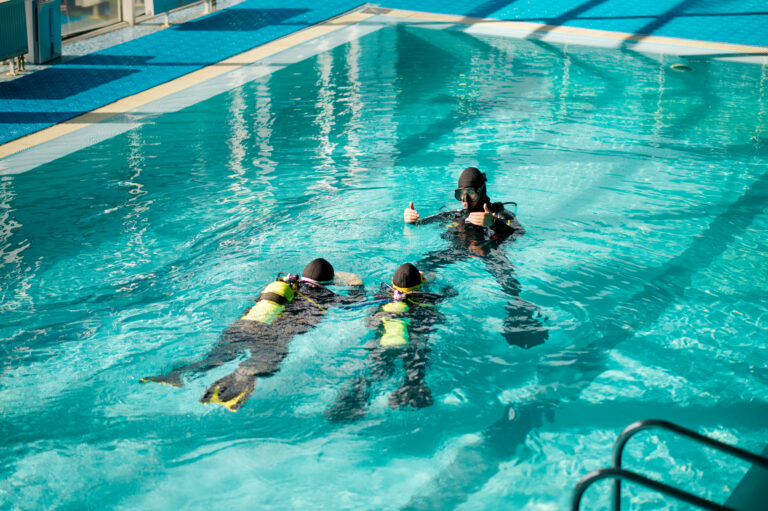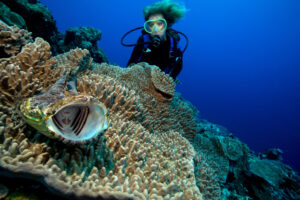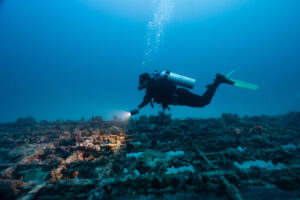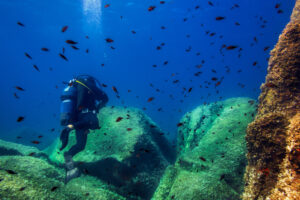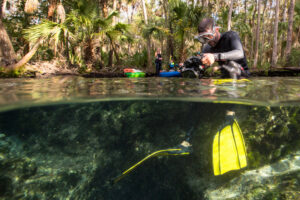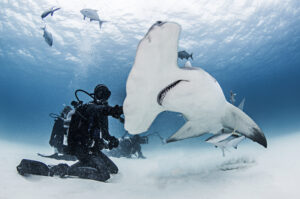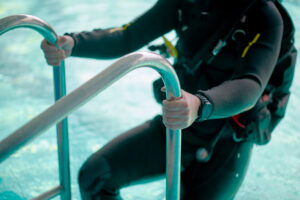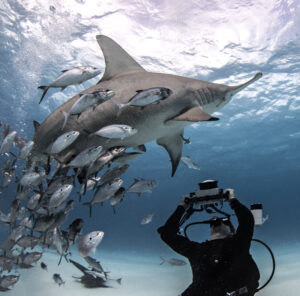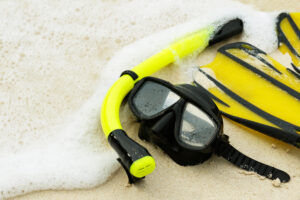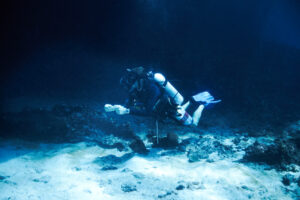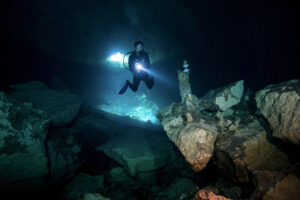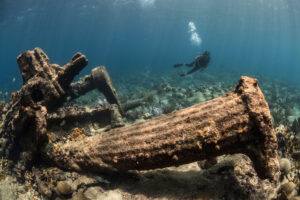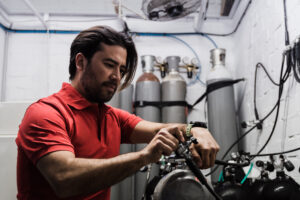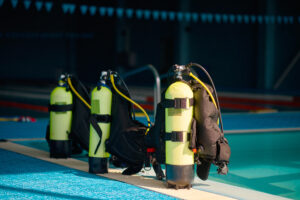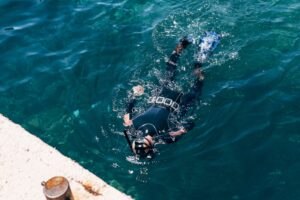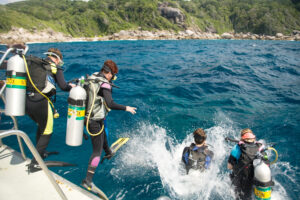What is a Divemaster?
A divemaster, also known as a dive guide or dive leader, is a highly skilled and experienced professional recreational diver who possesses the knowledge, training, and certification to lead and supervise less experienced divers on underwater excursions. The divemaster plays a critical role in ensuring the safety and enjoyment of all participants, while also upholding the principles of responsible diving and environmental stewardship.
History and Evolution
The concept of the divemaster emerged as the popularity of recreational scuba diving grew in the mid-20th century. As diving became more accessible and dive sites attracted an increasing number of enthusiasts, it became evident that a standardized system of training and certification was necessary to ensure the safety of all divers. The divemaster designation was created to address this need, with the aim of providing a professional figure capable of guiding and mentoring novice divers.
Training and Certification
To become a divemaster, an individual must first complete a series of prerequisite certifications, starting with the Open Water Diver, Advanced Open Water Diver, and Rescue Diver courses. These courses equip divers with essential skills, such as buoyancy control, navigation, and emergency procedures, while also introducing them to a variety of diving environments and conditions.
Following these initial certifications, aspiring divemasters must enroll in a comprehensive divemaster training program offered by a recognized dive training organization, such as PADI, SSI, or NAUI. These programs cover advanced diving theory, dive planning, risk management, group control, and supervisory techniques. In addition, candidates must demonstrate exceptional diving skills, a high level of physical fitness, and the ability to perform underwater rescue scenarios.
Upon successful completion of the divemaster training program, candidates are awarded the divemaster certification, which serves as a passport to a rewarding career in the global dive industry. Divemasters may work in dive centers, resorts, liveaboards, or even operate their own dive businesses.
Roles and Responsibilities
The primary responsibility of a divemaster is to ensure the safety and well-being of the divers under their care. This includes conducting thorough pre-dive briefings, outlining dive site characteristics, potential hazards, and emergency procedures, as well as providing guidance on dive planning, equipment checks, and entry and exit techniques.
During the dive, divemasters maintain constant vigilance, monitoring their group’s air consumption, depth, and time, while also assisting with navigation and pointing out points of interest, such as marine life or historical artifacts. They must be prepared to respond to any emergencies that may arise, such as equipment malfunctions, diver separation, or medical issues.
In addition to their supervisory role, divemasters often serve as instructors for certain entry-level dive courses and continuing education programs, such as the Discover Scuba Diving experience or the Peak Performance Buoyancy specialty course. They may also assist certified instructors during more advanced training sessions.
Furthermore, divemasters are ambassadors of responsible diving and environmental conservation. They promote the principles of the “Leave No Trace” philosophy, educate divers on the importance of marine ecosystems, and encourage sustainable diving practices, such as proper buoyancy control, minimal contact with the environment, and adherence to local regulations.
Career Opportunities and Advancement
For many aspiring dive professionals, the divemaster certification is the first step on the path to a rewarding career in the dive industry. With experience and additional training, divemasters may progress to higher certifications, such as dive instructor or dive center manager, allowing them to teach a wider range of courses and take on increased responsibilities.
Divemasters may also choose to specialize in specific areas of interest, such as technical diving, underwater photography, marine biology, or dive tourism, which can open up unique employment opportunities and diversify their skillset.
Key Takeaways
The divemaster certification represents a significant milestone in a diver’s journey, signifying the attainment of professional-level knowledge, skills, and expertise. As trusted guides and mentors, divemasters play a vital role in ensuring the safety, enjoyment, and education of divers across the globe, while also fostering a sense of responsibility and stewardship for the underwater world.
In today’s increasingly interconnected and environmentally-conscious society, the role of the divemaster is more important than ever. By nurturing the next generation of divers and inspiring them to become advocates for the ocean and its inhabitants, divemasters are helping to build a more sustainable and informed global diving community.
The divemaster certification is not only a testament to a diver’s proficiency and dedication, but also an opportunity to contribute positively to the diving industry and the broader marine ecosystem. As such, divemasters are essential pillars of the diving community, ensuring a bright and responsible future for the sport we all love and cherish.

